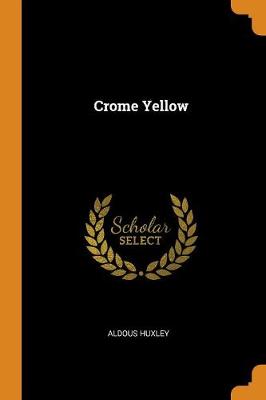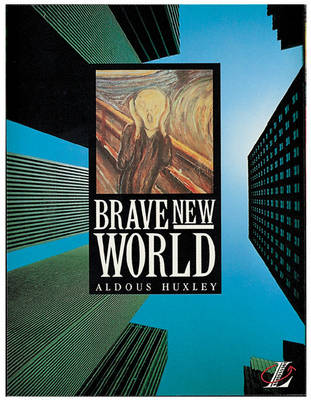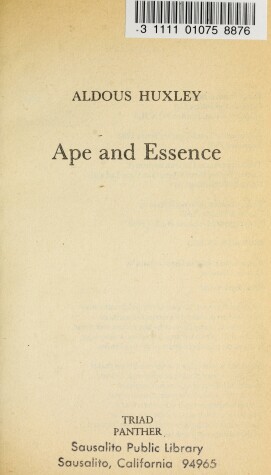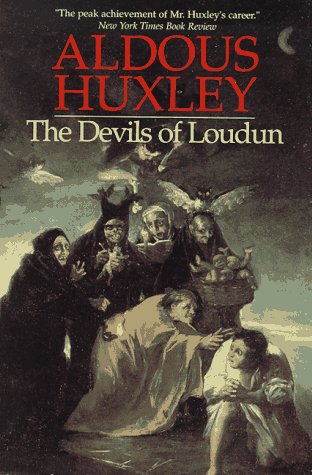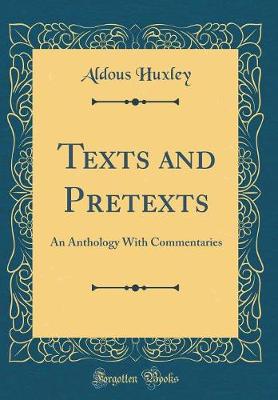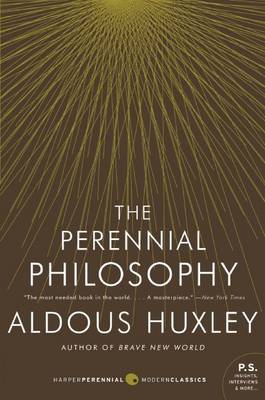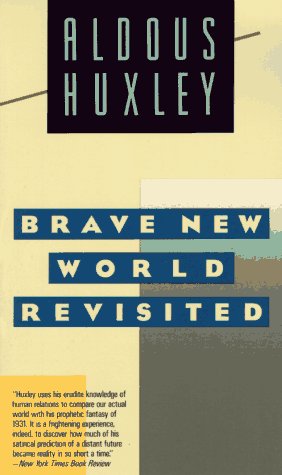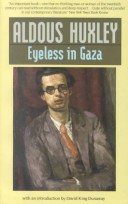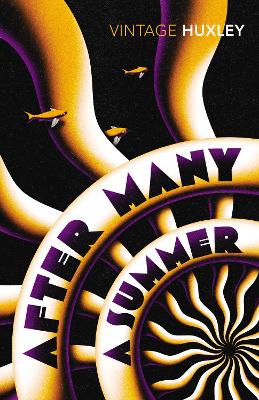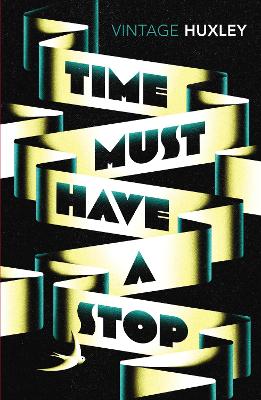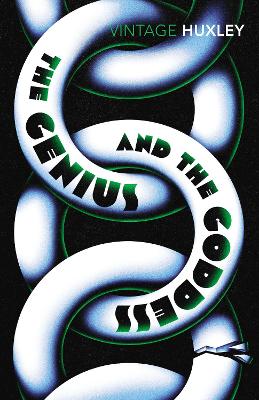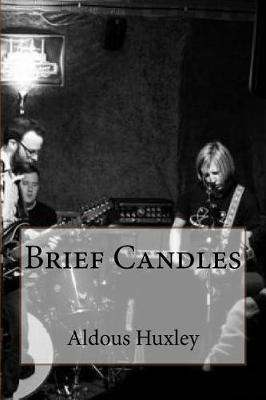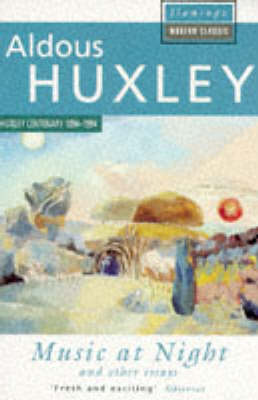Flamingo modern classics
22 total works
For over a hundred years the Pacific island of Pala has been the scene of a unique experiment in civilisation. Its inhabitants live in a society where western science has been brought together with Eastern philosophy to create a paradise on earth. When cynical journalist, Will Farnaby, arrives to research potential oil reserves on Pala, he quickly falls in love with the way of life on the island. Soon the need to complete his mission becomes an intolerable burden and he must make a difficult choice.
In counterpoint to Brave New World and Ape and Essence, in Island Huxley gives us his vision of utopia.
WITH A BIOGRAPHICAL INTRODUCTION BY DAVID BRADSHAW
WITH AN INTRODUCTION BY DAVID BRADSHAW
Anthony Beavis is a man inclined to recoil from life. His past is haunted by the death of his best friend Brian and by his entanglement with the cynical and manipulative Mary Amberley. Realising that his determined detachment from the world has been motivated not by intellectual honesty but by moral cowardice, Anthony attempts to find a new way to live. Eyeless in Gaza is considered by many to be Huxley's definitive work of fiction.
